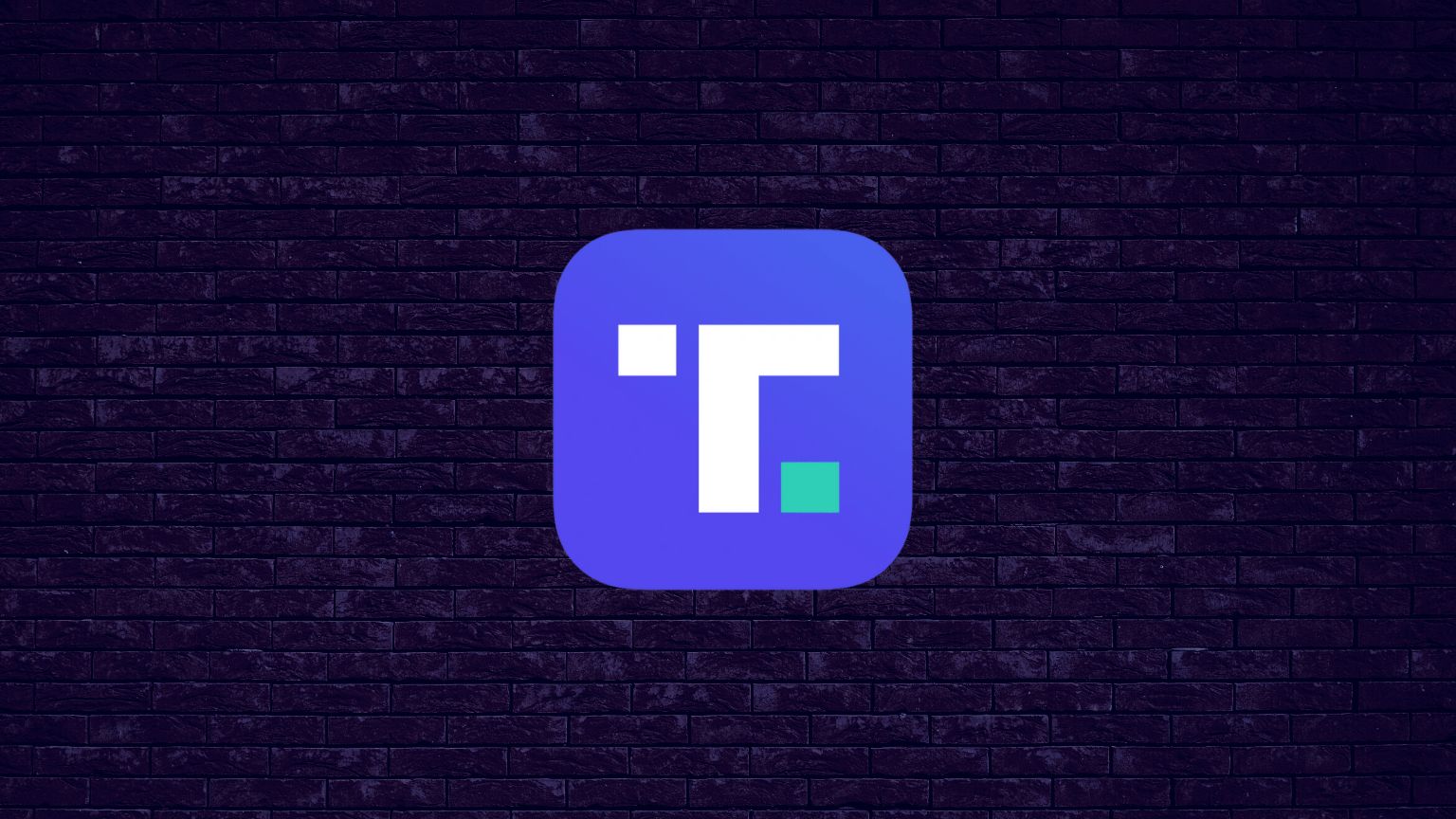Trump Media & Technology Group (TMTG) CEO Devin Nunes says Truth Social’s ad platform is getting “pennies on the dollar” because of ad blacklisting based on political and ideological grounds.
The former California representative, who resigned from Congress to head TMTG, has called for congressional action over this issue during an episode of his podcast where he had John Solomon, formerly of Fox News and the Washington Times, as a guest.
In a Rumble video, Nunes first explained that Truth Social has built its Ad Center using Rumble, which runs independently of Big Tech infrastructure. He said raising awareness that this is a possibility was one of the reasons he spent several days in Washington, talking to his former colleagues.
Related: US State Department funded website blacklist of outlets that reported lab leak theory
However, said Nunes, there is more they need to be aware of: in the early stages of building this platform, it became apparent that a small amount of money was getting to the social platform, and that looking deeper at the issue revealed it was not something faced by Truth Social and Rumble alone, but is rather “impacting the whole ecosystem of any website that would be deemed center to center-right.”
And by “impacting” Nunes means that the top 1,000 US companies are refraining from investing ad money in any of these sites or platforms since they have effectively been blacklisted for their political stance. The former congressman suggested “the Left” is behind this.
John Solomon was there to explain what drives what one might call “the media blacklisting industry” – namely, “fact-checking” organizations, and importantly – who’s behind them.
Solomon believes that it is ultimately the government – the Democrats, or the Left – all in a bid to suppress information unfavorable to them and promote their own narratives.
Related: US State Department funds UK think tank that aids in censorship of Americans
The journalist goes into how the current situation developed to where it is today, noting that towards the end of Trump’s presidency, “there were elements of the bureaucracy that were working with liberal entities.”
Solomon mentions the FBI getting directly involved in censorship on Twitter, but also universities working on the government’s behalf. This work, which was according to him happening under the radar “of almost all Americans” eventually converged into creating indexes that facilitate the censoring and blacklisting of unwanted information.
Solomon mentioned the Global Disinformation Index (GDI), which he said would “rate every news organization based on whether they followed the narrative of the government or not.”
“And then if you had a low score on that, you would be bumped off advertising. And we didn’t know it. We couldn’t see it. We could see it in our advertising, but we couldn’t see what was going on behind the scenes,” he said of his own site.
During the conversation, Nunes remarked that Congress needs to look into the matter, because otherwise, platforms politically center to center-right will be getting “just a small, small fraction” from the ad industry worth up to $300 billion.






















